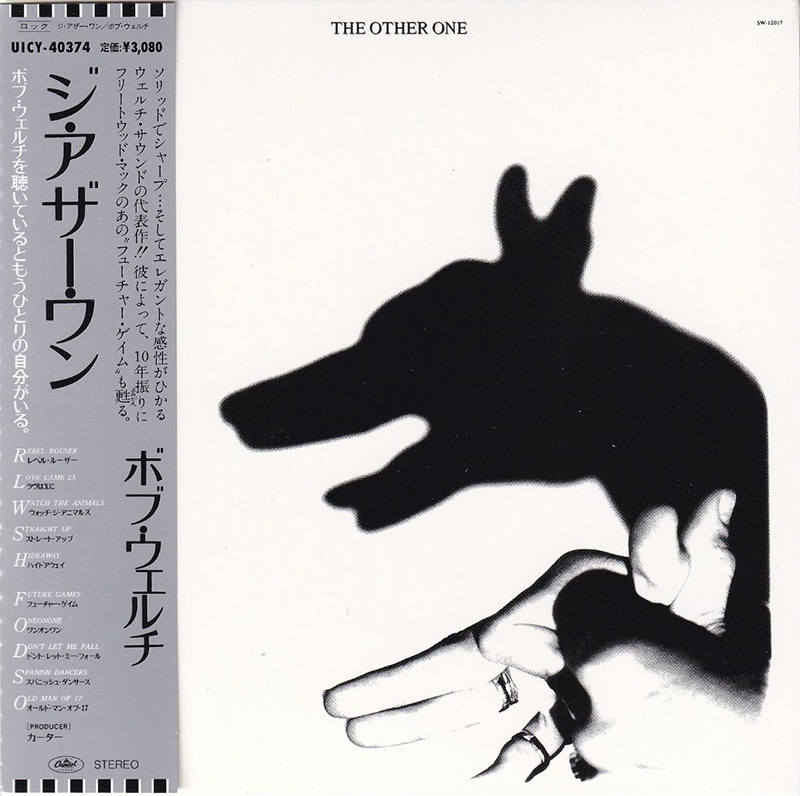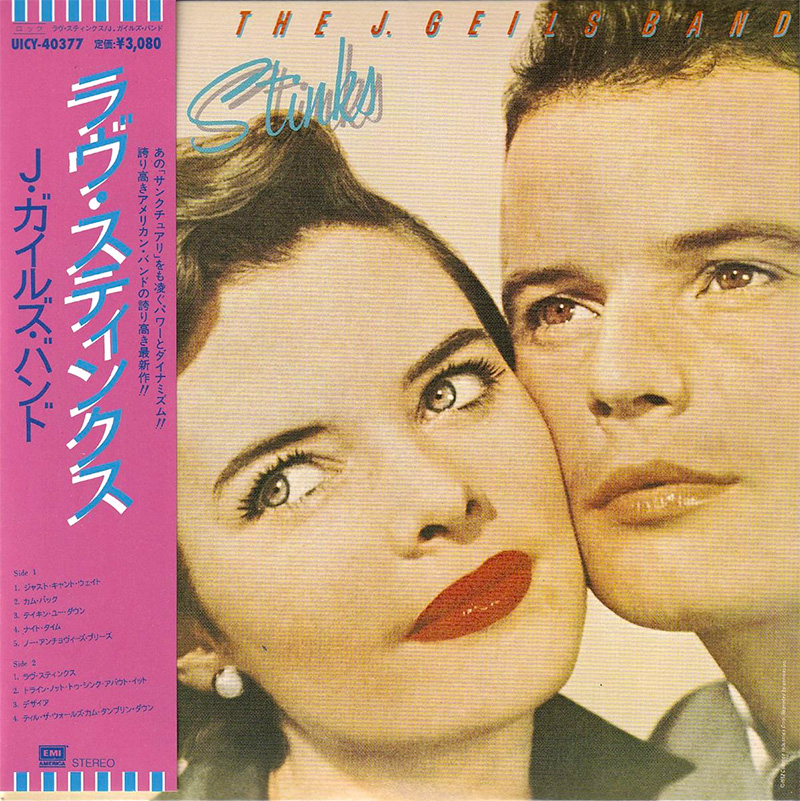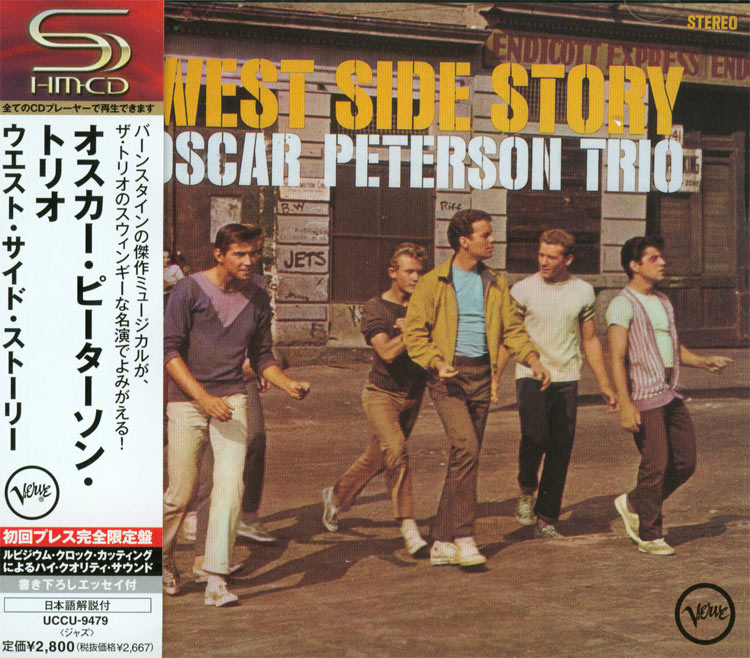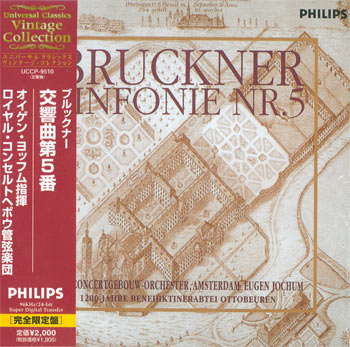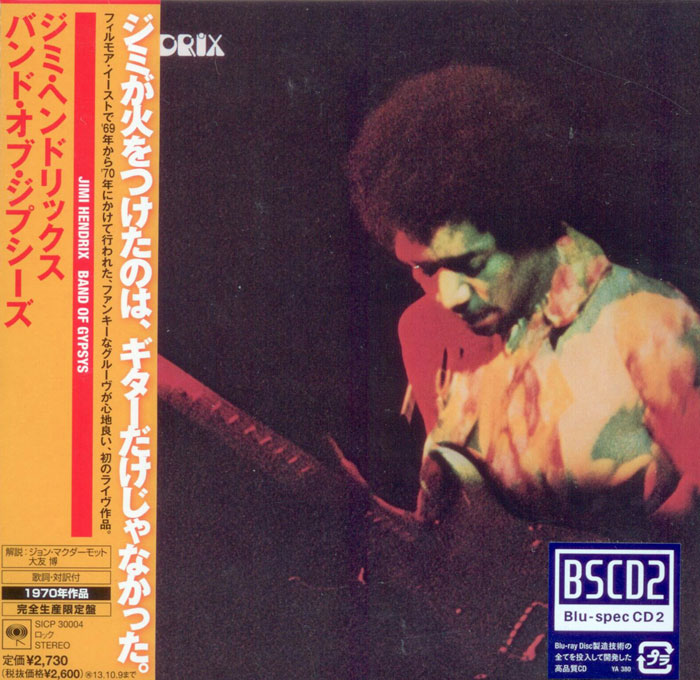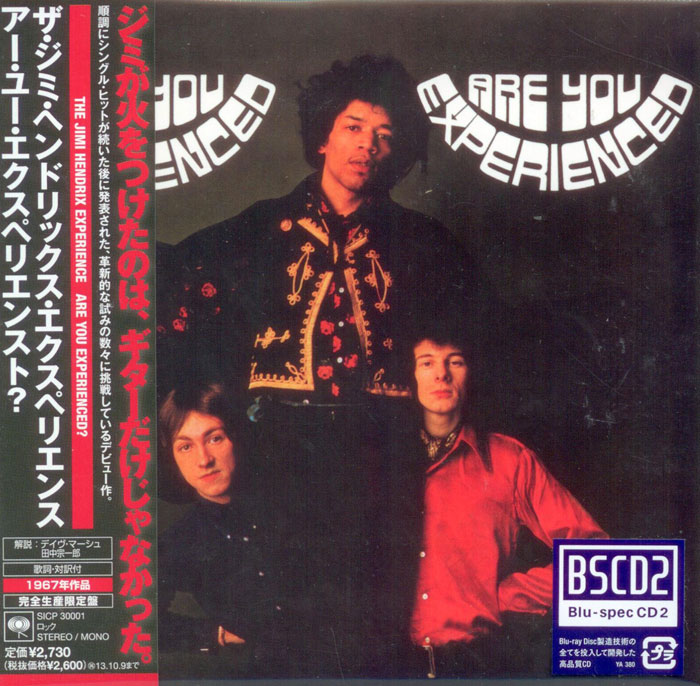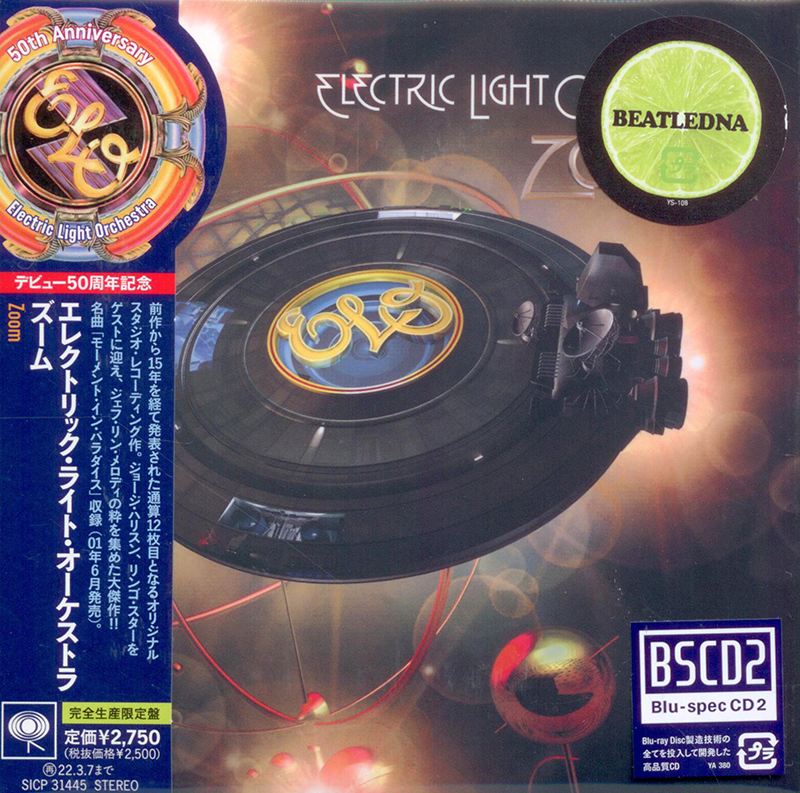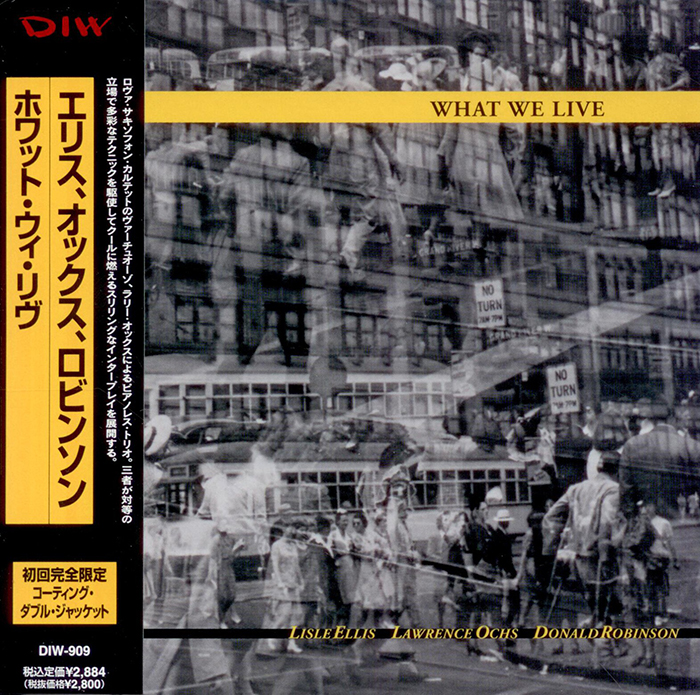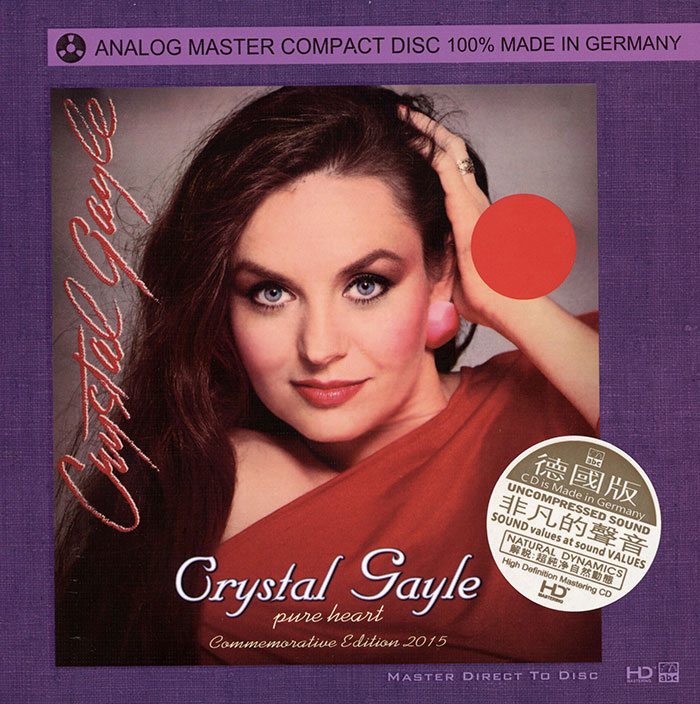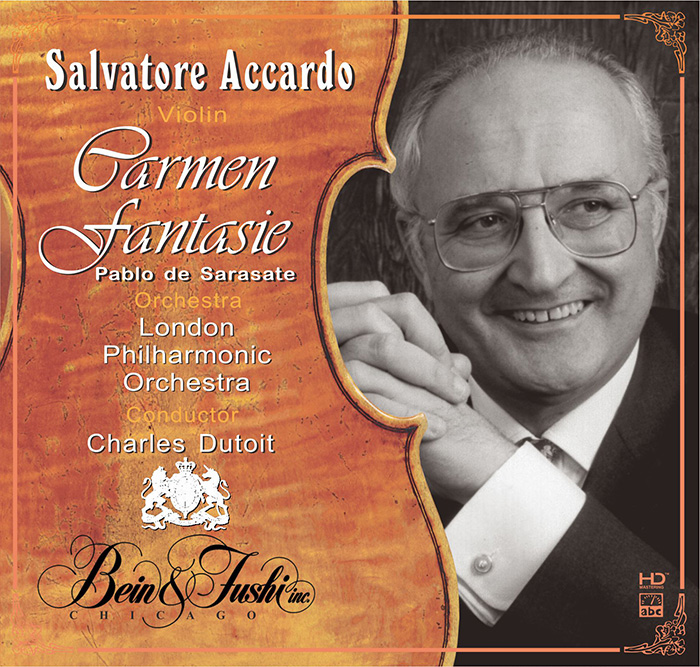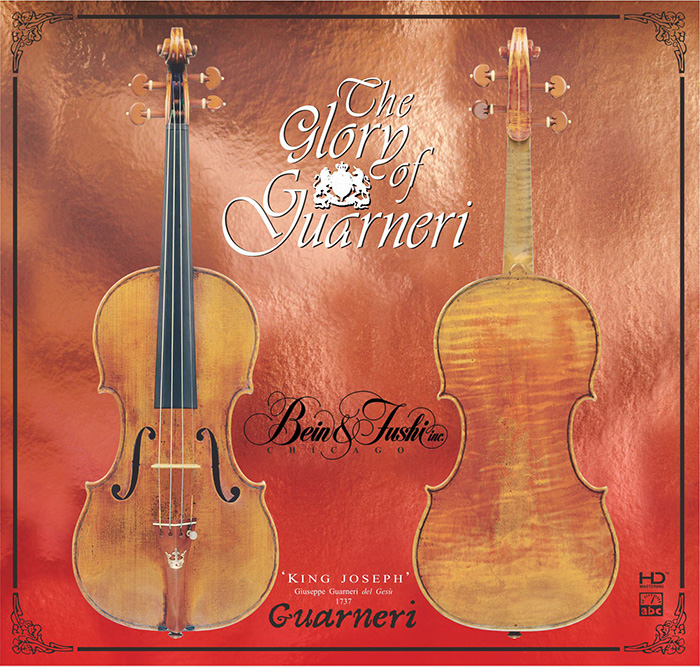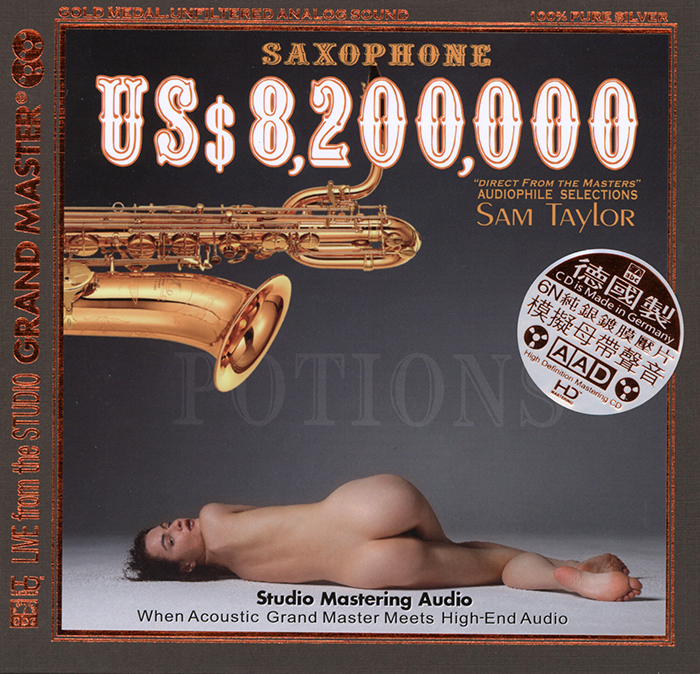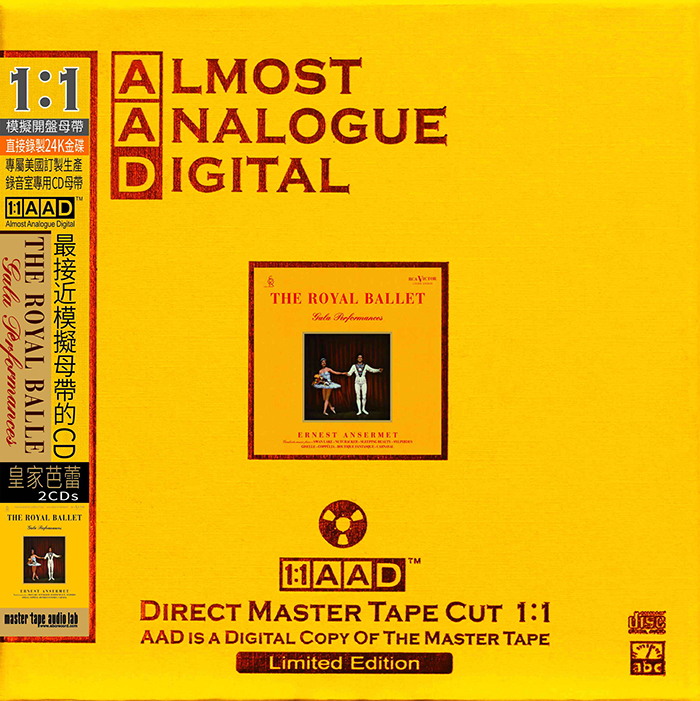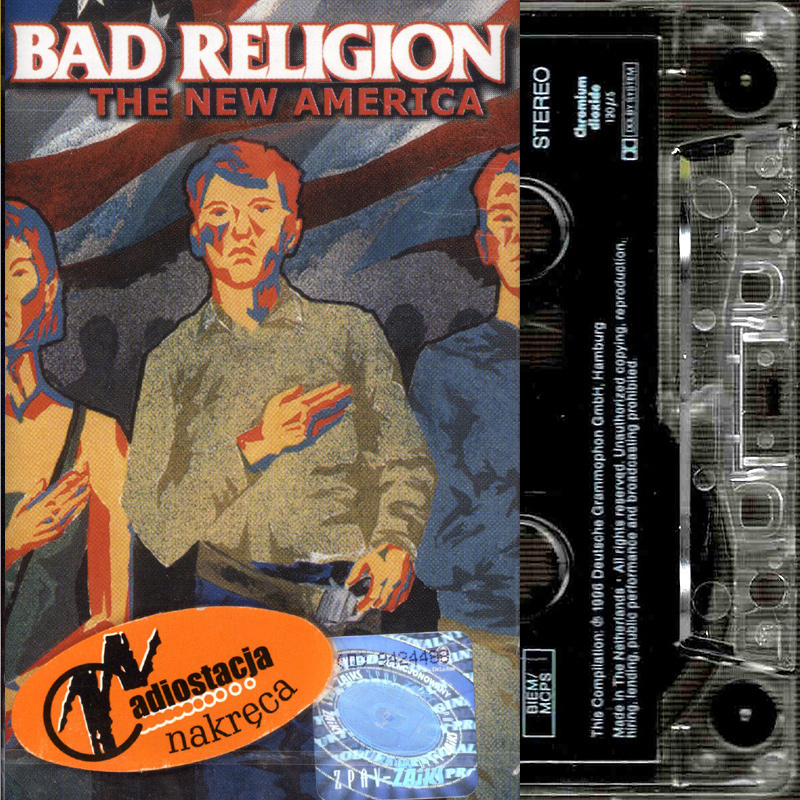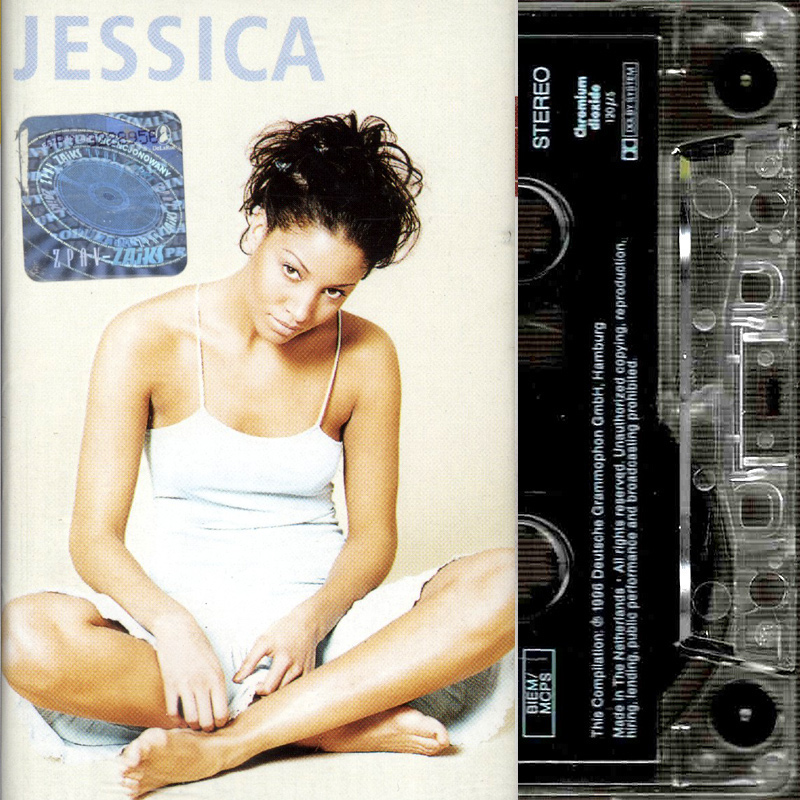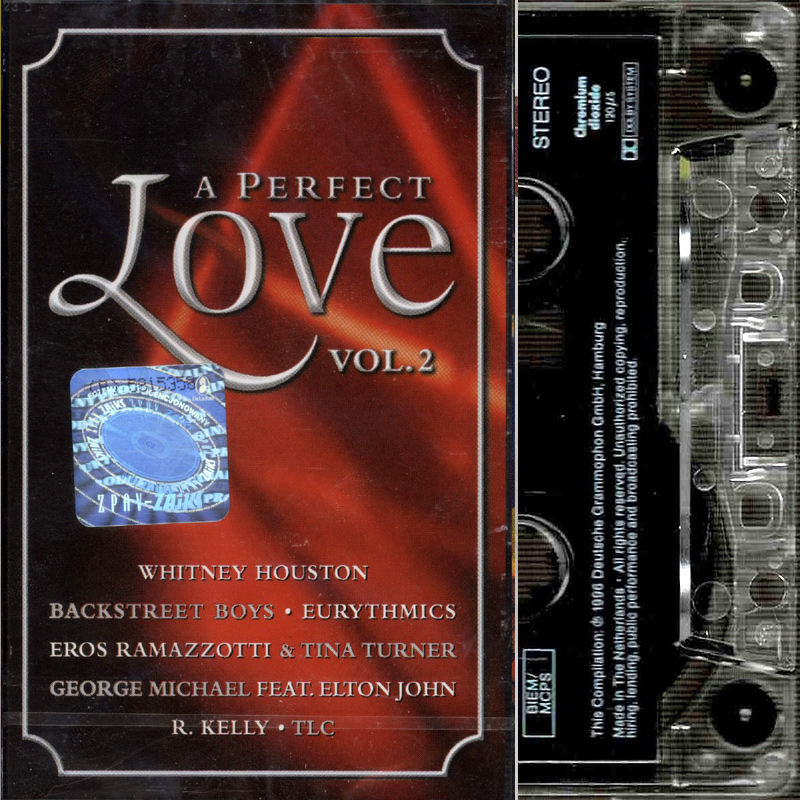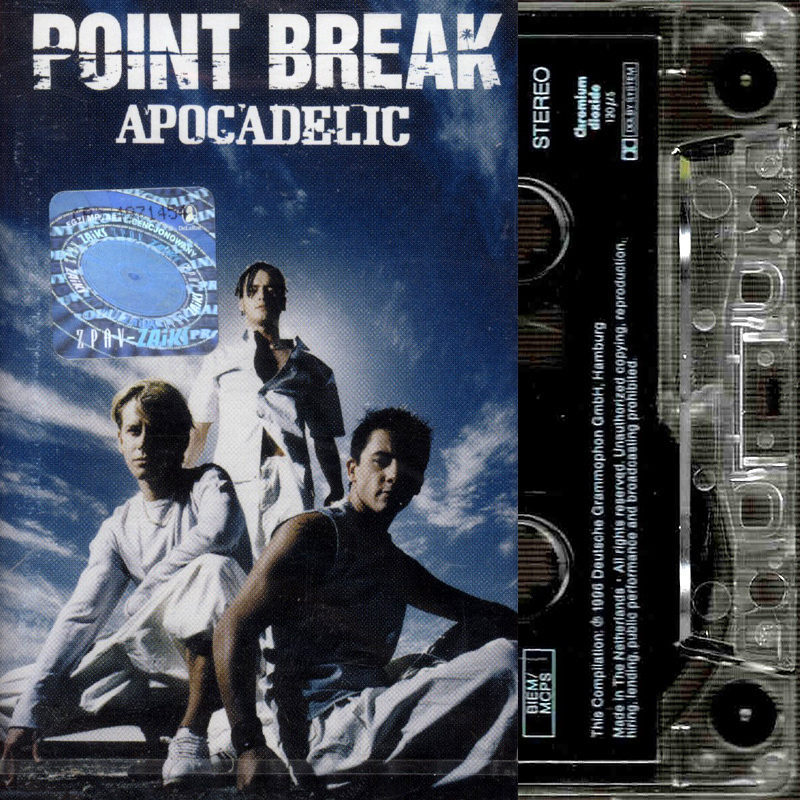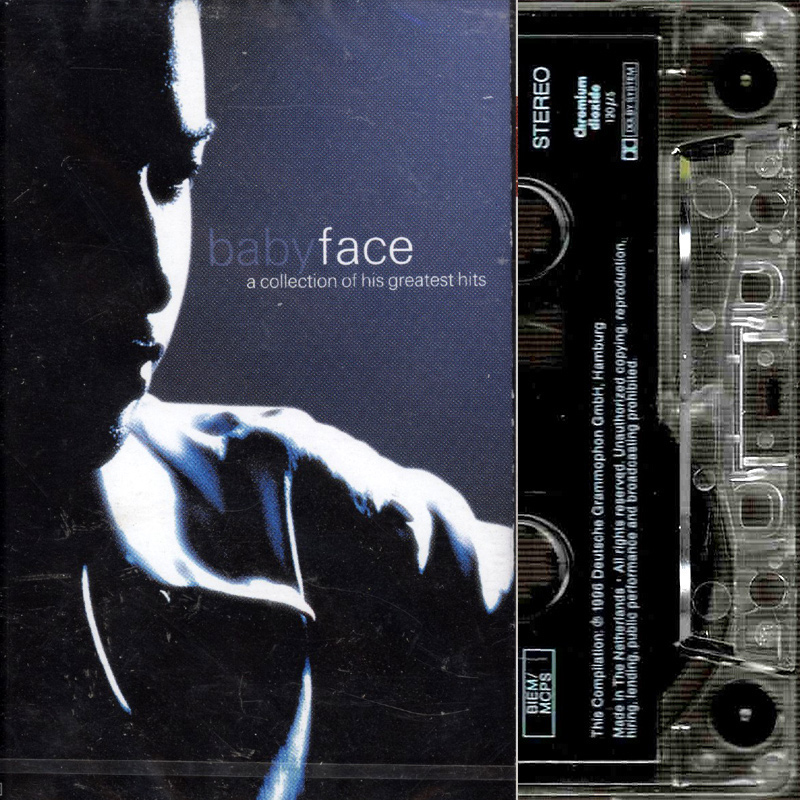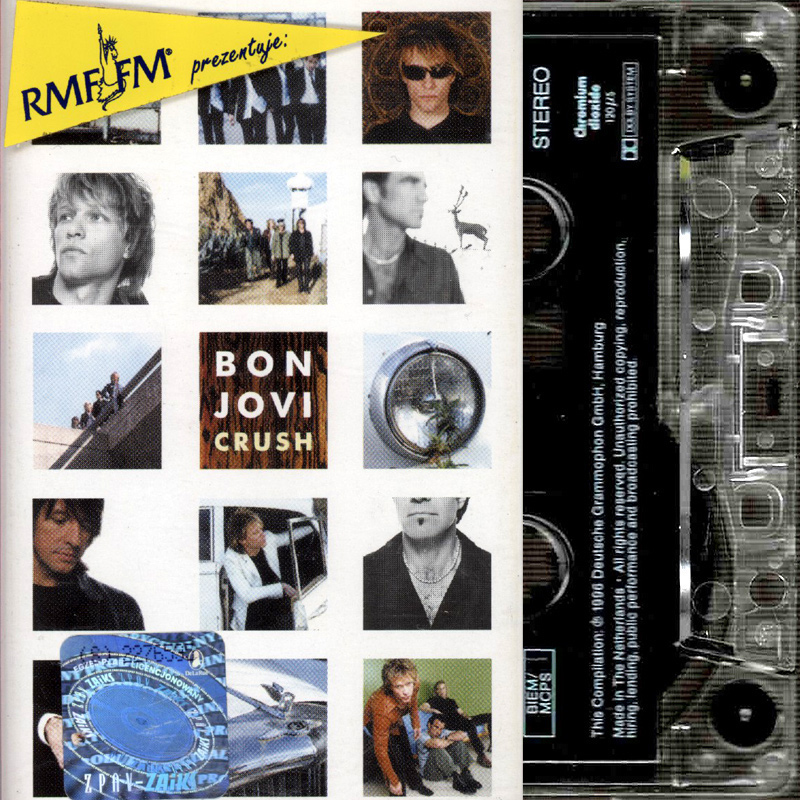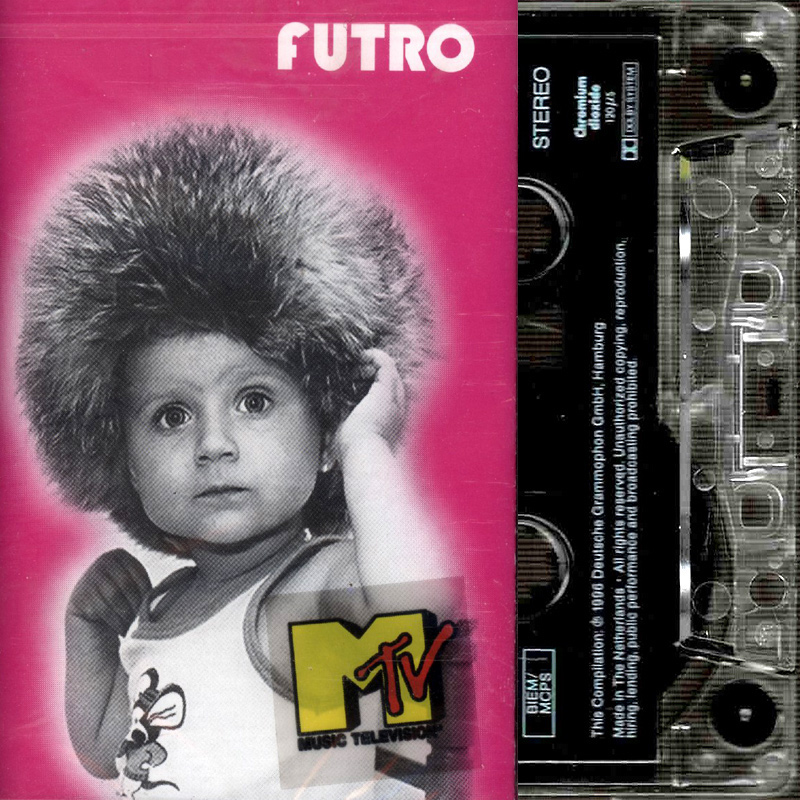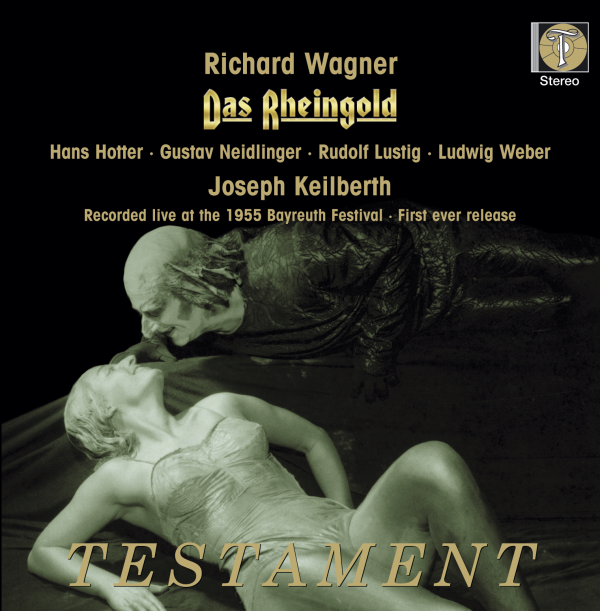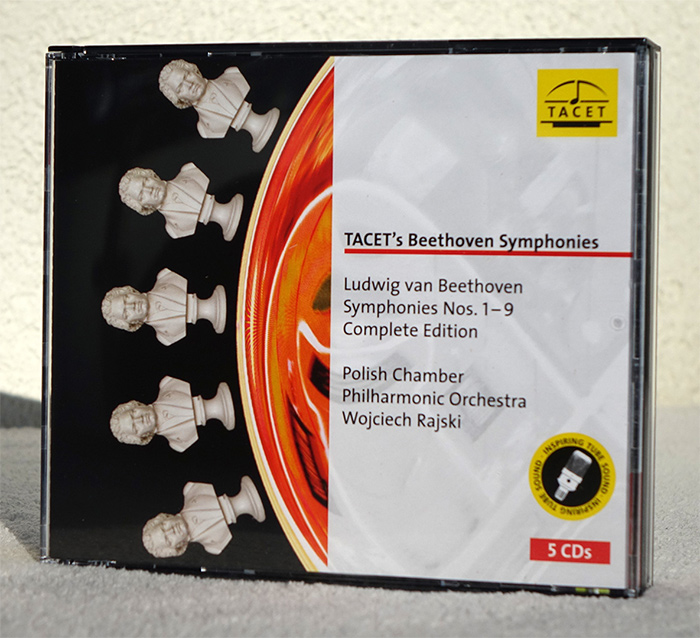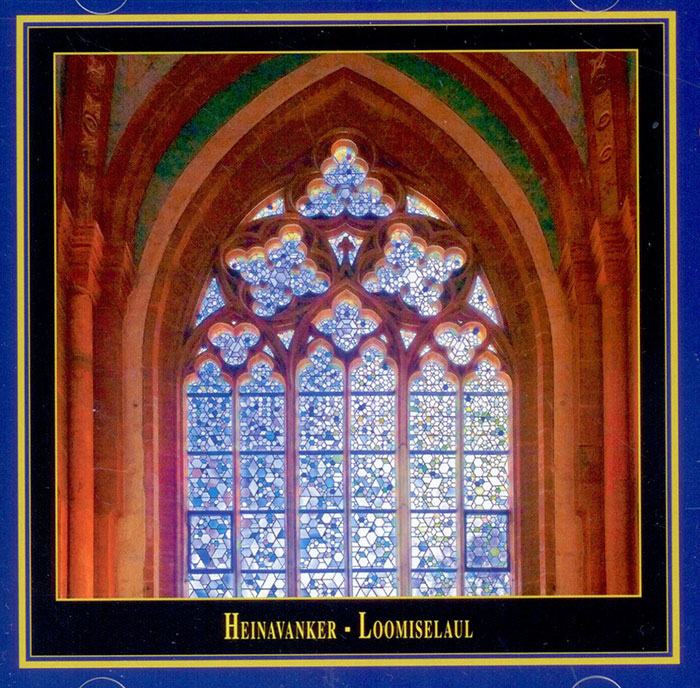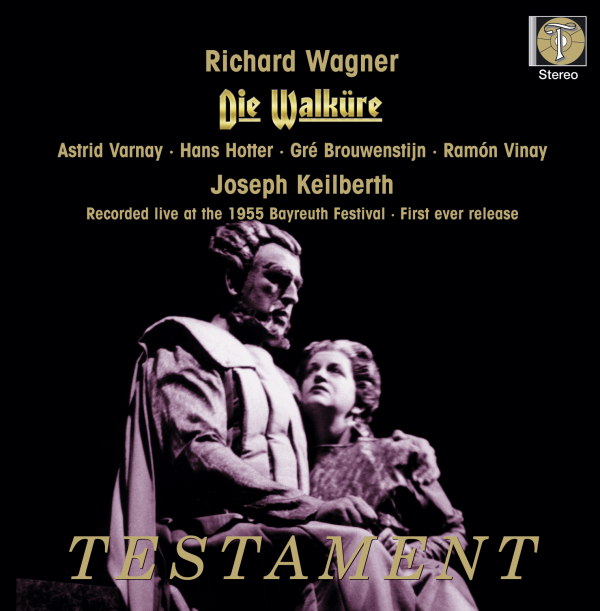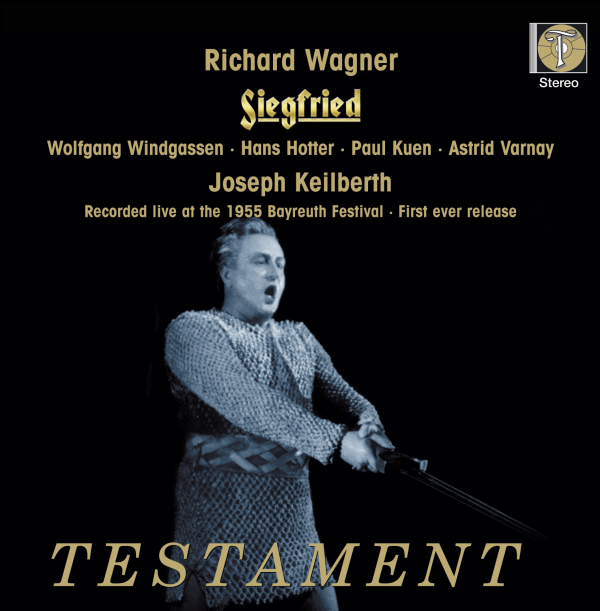Logowanie
Audiofilskie 'kartoniki mini LP'
Jakość LABORATORYJNA!
Elvis Presley, Tony Bennett, Nils Lofgren, Stan Getz, Astrud Gilberto, Lorin Maazel, Cincinnati Symphony Orchestra
Stereo Test Record vol. 1
AAD is a Digital Copy Of The Master Tape
SAMPLER HD-Mastering CD, SARASATE, PAGANINI, Salvatore Accardo, Charles Dutoit, London Philharmonic Orchestra
Carmen Fantasie / Zigeunerweisen / La Campanella / Il Carnevale di Venezia
AAD is a Digital Copy Of
The Master Tape
SAMPLER HD-Mastering CD, KREISLER, WIENIAWSKI, TCHAIKOVSKY, Leonidas Kavakos, Peter Nagy
The Glory of Guarneri
AAD is a Digital Copy Of
The Master Tape
SAMPLER HD-Mastering CD, Sam Taylor
USD 8,200,000 Saxophone
AAD is a Digital Copy Of
The Master Tape
SAMPLER HD-Mastering CD, TCHAIKOVSKY, ROSSINI, DELIBES, ADAM, Ernest Ansermet, Royal Opera House, Covent Garden
The Royal Ballet
AAD is a Digital Copy Of
The Master Tape
Winylowy niezbędnik
ClearAudio
Essence MC
kumulacja zoptymalizowana: najlepsze z najważniejszych i najważniejsze z najlepszych cech przetworników Clearaudio
WAGNER, Hans Hotter
Das Rheingold
- Dysk 1
- 1. Prelude
- 2. Weia! Wega!
- 3. Garstig Glatter Glitsch'riger Glimmer
- 4. Wallala! Wallala! Lalaleia! Lalaleia!
- 5. Lugt, Schewestern!
- 6. Der Welt Erbe
- 7. Wotan, Gemahl, Erwache!
- 8. Sanft Schlob Schlaf Dein Aug'
- 9. Zu Mir, Freia!
- 10. Endlich Loge!
- 11. Immer Ist Undank Loges Lohn!
- 12. Eini Runezauber Zwingt Das Gold Zum Reif
- 13. Hor, Wotan, Der Harrenden Wort!
- 14. Was Sinnt Nun Wotan So Wild?
- 15. Jetzt Fand Ich's
- Dysk 2
- 1. Auf, Loge, Hinab Mit Mir!
- 2. Schau, Du Schelm!
- 3. Nibelheim Hier
- 4. Nehmt Euch In Acht!
- 5. Vergeh', Frevelnder Gauch!
- 6. Ohe! Ha Ha Ha!
- 7. Da, Vetter, Sitze Du Fest!
- 8. Gezahlt Hab'ich
- 9. Bin Ich Nun Frei?
- 10. Fasolt Und Fafner Nahen Von Fern
- 11. Gepflanzt Sind Die Pfahle Nach Pfandes Mab
- 12. Weiche, Wotan; Weiche!
- 13. Hort, Ihr Riesen!
- 14. Schwules Gedunst
- 15. Abendlich Strahlt Der Sonne Auge
- 16. Ihrem Ende Eilen Sie Zu
- 17. Rheingold! Rheingold! Reines Gold!
- Joseph Keilberth - conductor
- Hans Hotter - tenor
- WAGNER
Hans Hotter, Georgine von Milinkovic, Rudolf Lustig, Gustav Neidlinger, Paul Kuen, Toni Blankenheim, Josef Traxel, Hertha Wilfert, Maria von Ilosvay, Ludwig Weber, Josef Greindl, Jutta Vulpius, Elisabeth Schärtel, Maria Graf Orchester der Bayreuther Festspiele Joseph Keilberth "the momentum of Keilberth's conducting offers strong support to the dark Wotan of Hans Hotter, and to the scheming of both Gustav Neidlinger's Alberich and Rudolf Lustig's Loge. This Donner (Toni Blankenheim) is a hammer-swinging Thor, and the Froh of the Austrian tenor Josef Traxl has a lyrical sense of innocence." - Music Magazine, April 2008 "Here we are at the start of the revelatory Bayreuth Ring of 1955, and from the very first primordial sounds Joseph Keilberth establishes that this is to be a very special cycle. The opening scene is dominated by Gustav Neidlinger's nonpareil of an Alberich, who in the third scene becomes a frightening incarnation of malevolent power. But the Rhinemaidens aren't as steady as one might wish. Scene 2 brings a kaleidoscope of authoritative interpretations, headed by Hans Hotter's commanding Wotan, a thoughtful portrait of an overweening, troubled figure sung with a Lieder- like attention to verbal detail. Georgine von Milinkovi? is a suitably imposing Fricka and a convincing nag. Ludwig Weber's expressive, articulate Fasolt is partnered by Josef Greindl's louring Fafner. Rudolf Lustig's strongly sung Loge – no comprimario tenor he – is not the most fluent piece of singing, but he gives the text real meaning. Among the minor gods Josef Traxel stands out for his beautifully lyric Froh, luxury casting from one of the leading tenors then active in Germany. Maria von Ilosvay as Erda and Paul Kuen as Mime are just as characterful as in in Siegfried. Over all you have once again a sense of a truly experienced ensemble, each member of which plays to the other. Once again, one is astounded by the ideal capturing of the Bayreuth acoustics and by the superlative playing of the orchestra, stimulated by Keilberth's astutely dramatic conducting." - The Gramophone Classical Music Guide It is as if a much-treasured and irreplaceable family heirloom feared lost for ever has suddenly reappeared thanks to the unexpected care and generosity of some beneficent, distant relative. The benefactor in this instance is Testament. The heirloom in question about to make its belated entry into the record market is the very first stereo recording of Wagner’s Ring cycle made 50 years ago at Bayreuth. And glorious it sounds in its newly remastered version, so much so that it is hard to believe it has not been released before. Indeed, so many years have now elapsed since the 1955 Bayreuth recording was made that many of us who knew about it never believed that it would ever materialise. Yet it is a musician’s dream, sung and played by an ensemble unmatched in its perfection and produced ten years before Maestro Solti finished conjuring up his magical version, which was to become the standard Wagner Ring recording. I dare make this claim because I became deeply involved in the Bayreuth project. It came about when Wieland Wagner, grandson of the composer and imbued with the genius of his forebear, had translated to the stage a production still considered by most as a benchmark of excellence and taste. He had at his disposal a cast of unparalleled talent and, thanks to Bayreuth’s considerable resources and not forgetting its famous acoustic, Decca was able to record this exceptional production for posterity. The freshness of the sound is especially noteworthy. But it was only after weeks of rehearsal that the talented Decca team with whom I modestly claim kinship was able to pinpoint the correct disposition of its microphones. Even extraneous production noises caused by lighting bridges which moved during performances or Wolfgang Windgassen’s over-exuberant forging of Siegfried’s sword were overcome by this matchless team of engineers led by Kenneth Wilkinson, then Decca’s senior recordist. Little did we think then that the results of our teamwork would languish unheard until many of the participants in this almost forgotten enterprise had gone to their own Valhalla. To hear these recordings is to thrill again at the splendour of the orchestral playing so brilliant that we did not resent the hours spent sitting in the darkness of the theatre or of our recording room while the sun shone enticingly outside. The Bayreuth Festival orchestra comprised some of Germany’s best players from both west and east and they came together in holiday mood, Lederhosen and all, to give of their best in quite superlative performances. Holding such an ensemble together required the experience and masterly direction of the conductor Joseph Keilberth, with his intimate knowledge of the theatre and of the Ring cycle. Inspired by the wonderful singing of his cast, he gave performances which no one would want to miss. I congratulate Testament for its persistence in finally making possible the release of these extraordinary recordings. Copyright Peter Andry, 2006
